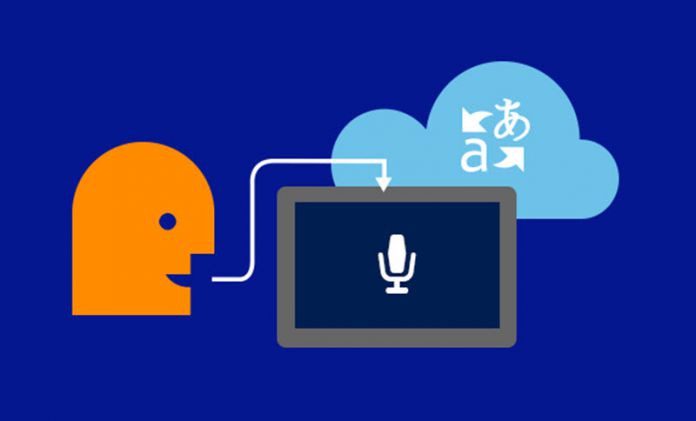The service supports all of the languages supported by the Microsoft Translator speech API – Arabic, Chinese Mandarin, English, French, German, Italian, Brazilian Portuguese, Russian and Spanish. Also, the Japanese language is now part of the language group, rounding the number to ten.
Microsoft states that those ten languages “represent more than 80% of the translations performed daily by Microsoft Translator”. Furthermore, the company says that additional languages will be supported over time.
For now, those languages are available to users for translating Skype calls for Windows desktop and the Skype Preview app for Windows 10. They are also available in Microsoft Translator app for iOS and Android.
A significant improvement over SMT
Although still in early stages, neural network technology is a standard part of the many AI projects, most notably as speech and image processing. Many of these features are already a part of the Microsoft Cognitive services.

Image credit: Microsoft
The technology presents a step forward in terms of translation quality, compared to the industry-standard Statistical Machine Translation (SMT) technology. The technology captures the context of full sentences before translating them at a higher level, thus producing higher quality and a more natural, human-sounding output. The service is available for testing and comparison here.
In a recently published video, Microsoft Researcher Orhan Firat shared some details about the functioning of neural machine translations.
Neural network technology advancement
Neural network technology is another major upgrade to the Microsoft Translator. Microsoft has been steadily improving the service, adding languages and numerous other features along the way.
Recently, Microsoft Translator received multi-lingual group conversation support with users receiving real-time text translation on mobile. The service performed fairly well, although there were some slight issues with detection.
However, the tech giant Redmond firmly believes that this new technology can deliver much better results than the current technology. The company says that “the quality improvements neural networks provide today are only a first step towards future improvements.”
Microsoft is also making the technology available to developers via Azure subscriptions using both the speech and text API’s. However, the company issued two guidelines:
- All speech API calls are neural network-powered beginning today.
- Text API calls using the “generalnn” standard category are powered by neural networks for translations between the above 10 languages.





